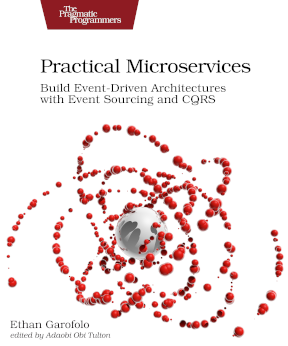Even on the simplest projects, the principle of “make the work smaller” bears fruit.
My daughter is taking a programming class in high school, and for her final project she’s making a text adventure game. She asked me for some advice with it, saying that she didn’t know how to get all the features in there. So instead of streaming today, I talked with her about the principles of breaking large things down into little things and taking small steps.
I told her she didn’t need to get them all in there… right away. Just get it showing the name of the room you’re in. Then get it to also print the description of the room that you’re in. Now add moving from one room to another. Now get it to show the items in the room.
With each step, ask yourself, what is the least I can do to that adds value. That last qualifier matters a lot. You could type half a method name, but that wouldn’t deliver value.
She hasn’t learned about source control yet (I know, I have improvement to make as a father), so I described the, ah, MVP version of source control—making a copy of her code file after each increment. Get used to continuous integration while you’re young, kiddo.
Anyway, it’s fun to be able to share this stuff with her and see her grow. Your teams can do the same thing. Make it part of your culture to ask, “Can we make this work smaller?”
p.s. - For the next 20 days, The Pragmatic Bookshelf has included my own title, Practical Microservices, as part of a Humble Bundle offering whose proceeds benefit the Starlight Children’s Foundation. Great chance to learn you some microservices and help some sick kids.
